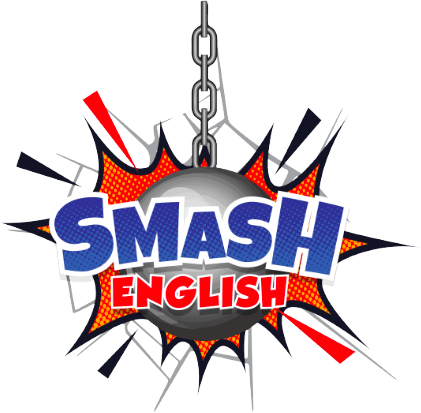
Language Style: Informal
👋Hey there, future English spelling wizards! Have you ever struggled to spell words correctly? Don’t worry, you’re not alone! Many kids find spelling a bit tricky, but guess what? I’m here to share some super cool tips that will make spelling feel like a piece of cake. So, let’s jump right into it!
- Break it into chunks: Sometimes, a long word can seem like a big, scary monster! But don’t worry, just chop it into smaller parts called ‘syllables’. For example, the word “elephant” can be divided into three chunks: el-e-phant. It’s much easier to tackle one chunk at a time, right?
- Use silly sentences: Creating funny and silly sentences with the letters of a word can bring spelling to life. Let’s say you’re trying to spell “because.” You could make up a sentence like, “Bunnies eat carrots and usually sniff everything!” Just remember to use the first letter of each word to help you remember the spelling.
- Write it and say it: Practice makes perfect! Whenever you learn a new word, write it down multiple times. Saying it aloud as you write helps you connect the spelling with the sound. The more you see and hear a word, the easier it gets to remember.
- Don’t forget the silent letters: Silent letters can be sneaky, but knowing they’re there is half the battle. Be on the lookout for letters like “k” in “knife” or “g” in “gnome.” Remember, just because they can’t be heard, doesn’t mean they should be ignored! Try sounding out the silent letter as a silly game in your head. Look at a knife and say to yourself: “KINIFFY”
- Play spelling games: Turn spelling practice into a fun game. Challenge your friends or family to a spelling bee or try online spelling games. There are loads of interactive games that will make spelling exciting and help you practice without even realizing it!
By the way, need a tip about spelling those ‘ion’ nouns? Well, when you’re changing a verb into a noun by adding ‘-ion,’ whether you use ‘sion’ or ‘tion’ depends on the original word. Here’s a simple guide to help you out:
Go with ‘-sion’ if the verb ends in ‘de,’ ‘se,’ ‘te,’ ‘ve,’ ‘re,’ or ‘me’: Decide (decision) Discuss (discussion) Introduce (introduction) Observe (observation) Conclude (conclusion) Admit (admission)
Use ‘-tion’ if the verb ends in ‘ct,’ ‘rt,’ ‘lt,’ ‘and,’ or ‘nd’: Connect (connection) Convert (conversion) Distort (distortion) Expand (expansion) Defend (defense)
But, like everything else in English 🙄 there are some verbs that don’t follow these rules, and have their own spelling. So, it’s always good to check a dictionary for those ones.
Remember, nobody becomes a spelling superstar overnight. It takes time and effort to become an expert speller. I was still spelling tomorrow as T-O-DOUBLE M-O-DOUBLE R-O-DOUBLE U well into my teens. And I didn’t spell accommodation right for about 30 years. So, don’t be too hard on yourself if you make mistakes. Embrace the adventure of spelling, use these fun tips, and before you know it, you’ll be spelling like a pro!
Good luck, young wordsmiths! Keep spelling and keep shining!
❤️ Debra
